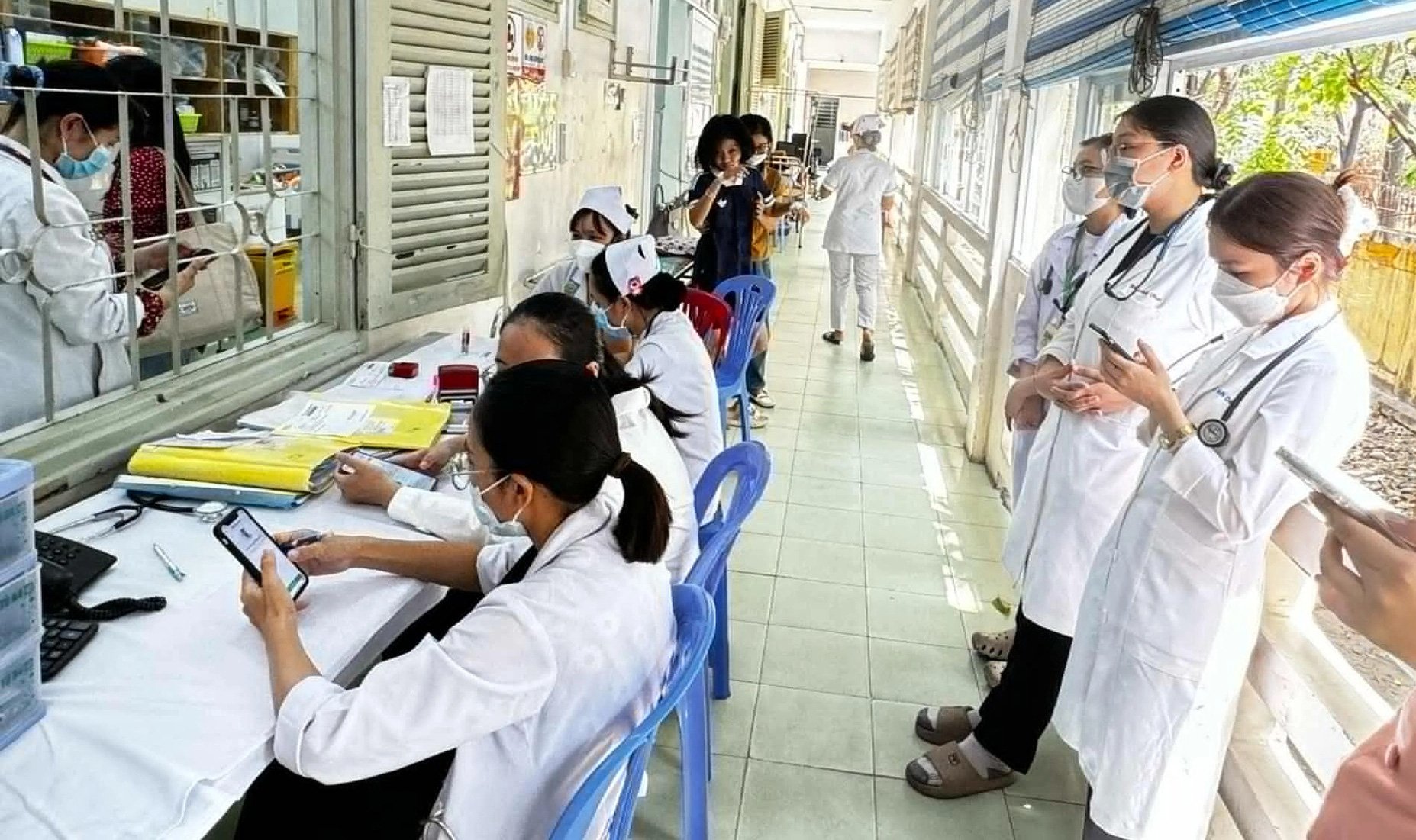
Medical staff in the emergency and infectious disease departments... need to have their professional allowances increased to reduce pressure on medical staff - Photo: THU HIEN
Increasing the occupational allowance will reduce the pressure on medical staff. The nature of the medical profession is to face many pressures and dangers, but the occupational allowance for medical staff in special fields such as infectious diseases, emergency care, etc. is still not commensurate.
In the complicated situation of emerging and re-emerging epidemics, medical staff - at the "frontline" - are increasingly facing many dangers.
Stressful job, not enough income to live on
Currently working in the emergency department of a district-level general hospital in Ho Chi Minh City, Dr. NT said that according to regulations, the allowance for medical staff in the emergency department is 60% of their salary.
With 8 years of experience, Dr. T.'s salary and allowances are more than 11.2 million VND. If we add in the fees for on-call duty and medical examinations, the total income will be about 17 - 18 million VND.
"The emergency department is the "front line", receiving the first patients regardless of the time. The work intensity is high pressure, facing many risks, but with my current total income, it is not enough to cover the family's living expenses," Dr. T. confided.
Also having worked in the emergency department at a first-class hospital in Ho Chi Minh City for many years and currently being the head of a shift, a female doctor said that although it has entered the fourth quarter of 2024, she and her colleagues have not yet received the preferential allowance for the first three quarters of this year.
"Adding all the expenses (including professional allowances), the total income of a doctor in the emergency department is about 12 million VND, and that of a nurse is from 8-9 million VND. This income only helps them to cover their expenses for the month, those with small children are short of money, while the work at the department is very stressful, running day and night.
Yet for the past 10 months, we have not received any of our allowances. We are all waiting for this money every day.
Although some colleagues have asked the hospital's union directly, the issue has not been resolved. Not only the occupational allowance of 60% of the salary for medical staff working in the emergency department, but we have not received any COVID-19 epidemic prevention allowance," the female doctor confided.
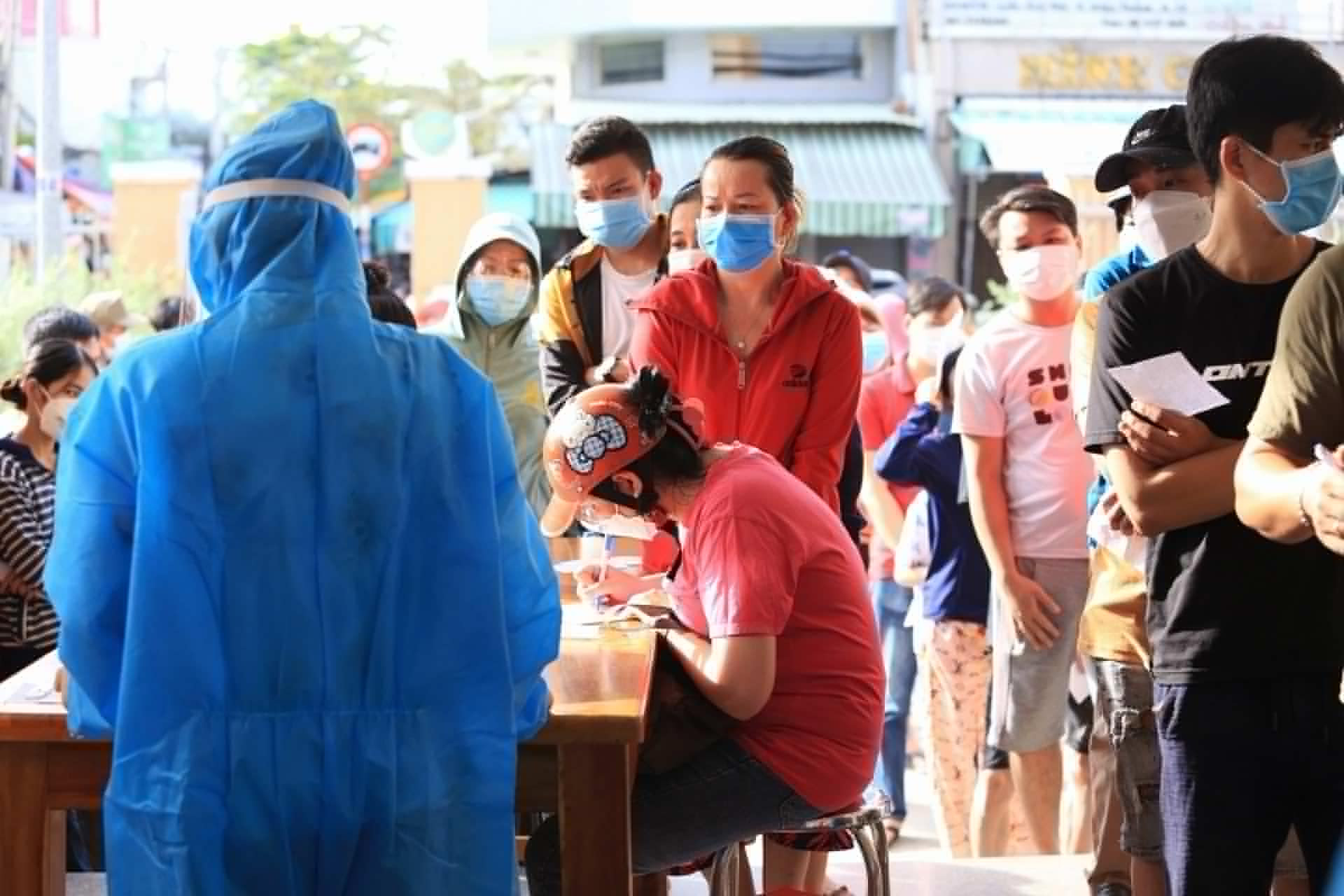
Medical staff in contact with a suspected COVID-19 patient during the 2021 outbreak. People who tested positive at home quickly went to a medical center to be retested and complete home quarantine paperwork - Photo: NHAT THINH
Low allowance, doctors can not afford
Speaking with Tuoi Tre, Dr. Le Van Chuong, head of the infectious disease department at Thu Duc Regional General Hospital, Thu Duc City (HCMC), said that in the increasingly complicated situation of emerging and re-emerging infectious diseases, medical staff in the infectious disease sector are facing more and more risks and health concerns.
"My colleagues and I have treated patients infected with measles, chickenpox, COVID-19, hepatitis A, etc. many times due to frequent contact with sick people.
Especially for female doctors who are pregnant, or doctors with small children in their families, the risk of spreading the disease not only to themselves but also to their families is very high," said Dr. Chuong.
Dr. Chuong also said that despite facing great health risks, the current preferential allowance for medical staff in specialized fields such as resuscitation, emergency, infectious diseases, etc. is still not high. Currently, the hazardous allowance for infectious diseases, emergency, etc. is only 60%, and needs to be raised to 80-90%.
In addition, there should be more preferential policies for medical staff when they go to school to improve their qualifications such as tuition exemption or support. Only then will doctors feel secure in their work and stay long-term, especially for newly graduated doctors.
An infectious disease specialist at a tertiary hospital in Ho Chi Minh City said that infectious disease specialists are always the ones who face the most dangerous diseases. Not only them, but their families also face the risk of infection when their relatives work in the infectious disease department. Therefore, they will receive a toxic allowance, but this level is currently only an insignificant amount of mental compensation.
"In the current situation of many emerging diseases, they face more and more dangers. Each doctor must learn how to prevent infection for themselves and their family members, but it is not always absolute, the risk of infection is also high," he said.
According to this doctor, at many training schools today, the enrollment rate for majors such as emergency resuscitation, infectious diseases, tuberculosis, etc. is very low.
The reason is that due to the nature of the job, people face high pressure and danger. Just one mistake in treatment or wrong use of medicine can affect the patient's life...
Therefore, it is necessary to add preferential policies such as tuition exemption or support when studying further or during the process of updating knowledge. At the same time, increase allowances so that they can work with peace of mind, stick with the profession, and feel secure in their work.
Still based on the old preferential allowance level
Currently, the application of preferential allowances by profession for health sector officials is based on the principles stipulated in Article 2 of Decree 56 of 2011 of the Government . Accordingly, depending on the nature of the work of health sector employees and civil servants, the preferential allowances by profession range from 30%, 40%, 50%, 60%, 70%...
Proposal to increase allowances for medical staff
The Ministry of Health is drafting a decision of the Prime Minister stipulating a number of special allowances for civil servants, public employees, and workers in public health facilities and anti-epidemic allowances. The reason is that the current allowances for medical staff are too low, no longer suitable for the current economic and living situation.
Including increased anti-epidemic allowances for those participating in anti-epidemic activities, including: those who monitor, investigate, test, and verify epidemics; directly participate in examining, diagnosing, and treating people with epidemics and infectious diseases at medical facilities and in the community...
* Specifically, infectious diseases in group A: adjust the fee from 150,000 VND/person/shift to 425,000 VND/day/person.
* Group B infectious diseases: adjust the fee from 100,000 VND/person/shift to 285,000 VND/day/person.
* Group C infectious diseases: adjust the fee from 75,000 VND/person/shift to 215,000 VND/day/person.
In addition, it is proposed that workers participating in 24/7 epidemic prevention and control are supported with a meal allowance of 15,000 VND/person/shift, which becomes "People participating in epidemic prevention and control, on 24/7 epidemic prevention and control are supported with a meal allowance of 45,000 VND/person/shift".
Source: https://tuoitre.vn/cach-nao-giam-ap-luc-cho-nhan-vien-y-te-20241014231256385.htm






![[Photo] Dan Mountain Ginseng, a precious gift from nature to Kinh Bac land](/_next/image?url=https%3A%2F%2Fvphoto.vietnam.vn%2Fthumb%2F1200x675%2Fvietnam%2Fresource%2FIMAGE%2F2025%2F11%2F30%2F1764493588163_ndo_br_anh-longform-jpg.webp&w=3840&q=75)










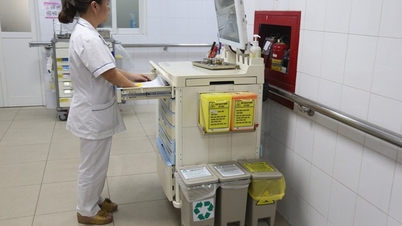




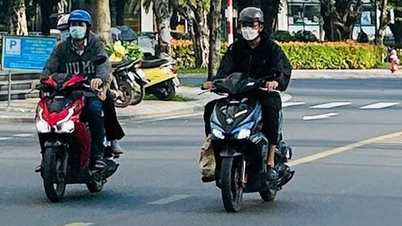

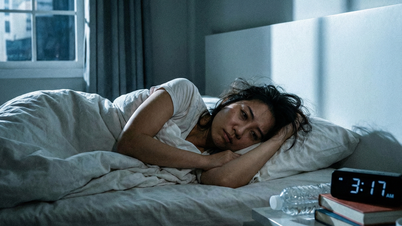
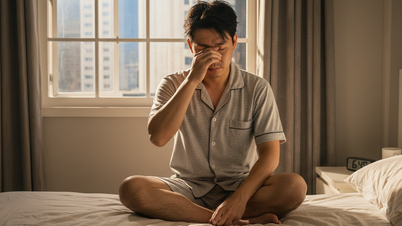







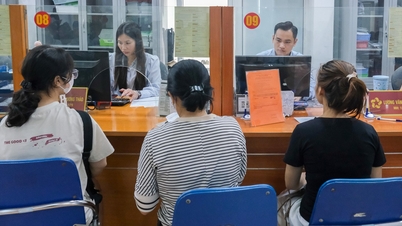



































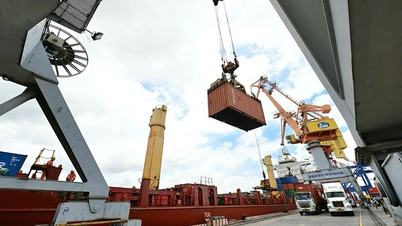








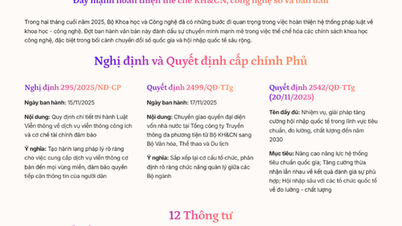

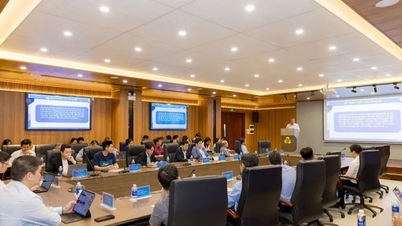
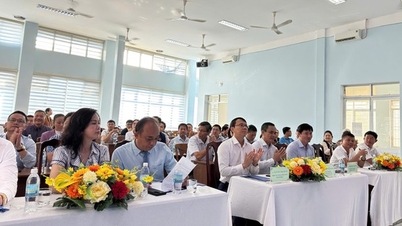

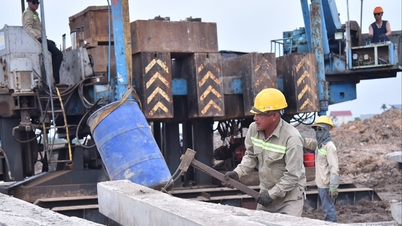
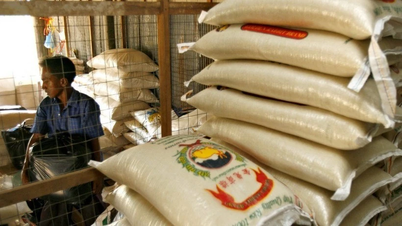



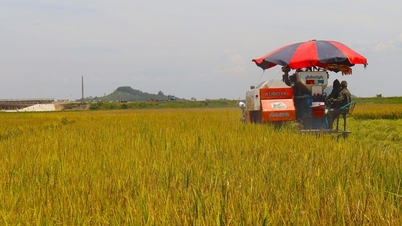
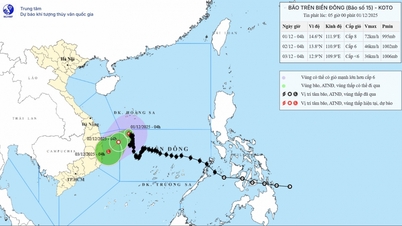

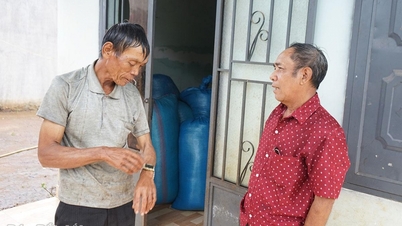













Comment (0)